Introduction
Consultancy and leadership are closely related fields that involve working with individuals and organizations to help them achieve their goals. In order for a consultant or leader to be effective, they must have a deep understanding of the issues at hand, as well as the ability to develop and implement strategies to address those issues. Additionally, strong communication skills are essential for both consultants and leaders, as they must be able to clearly convey their ideas and plans to others.
The Role of Consultancy in Leadership
Consultants are often brought in to provide expert advice and support to organizations that are facing challenges or looking to improve their performance. They may work with a wide range of clients, from small businesses to large corporations, and across a variety of industries.
A key part of the consultancy process is to help clients identify their goals and objectives, and then develop strategies to achieve them. This may involve conducting research, analyzing data, and recommending changes to organizational structure, processes, or policies.
The Importance of Strategy
A key aspect of consultancy and leadership is the ability to develop effective strategies that address the needs of the organization and its stakeholders. This requires an understanding of the current situation, as well as an awareness of the external factors that may impact the organization.
It also involves the ability to think creatively and critically, in order to identify new and innovative approaches to solving problems. A well-executed strategy can help organizations to improve their performance, increase their competitiveness, and achieve their goals.
The Role of Communication in Consultancy and Leadership
Effective communication is essential for both consultants and leaders, as it allows them to clearly convey their ideas and plans to others. This includes the ability to present information in a clear and concise manner, as well as the ability to listen actively and respond to feedback.
Good communication also helps to build trust and establish relationships with clients, stakeholders, and team members. In addition, effective communication can help to resolve conflicts, manage change, and ensure that everyone is working towards the same goals.
The Challenges of Consultancy and Leadership
Both consultancy and leadership can be challenging fields, as they involve working with a wide range of people and organizations, each with their own unique needs and goals. Consultants and leaders may also face resistance to change, as well as the need to manage conflicting priorities and competing demands.
Additionally, they may need to navigate complex political and social dynamics, as well as the impact of external factors such as economic conditions and regulatory changes. Overcoming these challenges requires a combination of skills, knowledge, and experience, as well as a willingness to adapt and learn.
Different Types of Consultancy
There are many different types of consultancy, each with their own unique focus and approach. Some examples include: Management consultancy: focuses on improving organizational performance and efficiency through changes to structure, processes, and policies.
Strategy consultancy: helps organizations develop long-term plans and strategies to achieve their goals.
IT consultancy: focuses on providing advice and support for the implementation and use of technology within an organization.
Financial consultancy: provides advice and support for financial management, including budgeting, forecasting, and investment decisions.
Human resources consultancy: focuses on the management and development of an organization's human resources, including recruitment, training, and performance management.
The Importance of Professional Development
Professional development is critical for both consultants and leaders, as it allows them to stay current with new developments and trends in their field. This may include attending conferences and workshops, reading professional journals, and participating in mentoring and coaching programs.
Additionally, professional certifications and accreditations can demonstrate a level of expertise and credibility to clients and employers. Investing in professional development can help consultants and leaders to build their skills and knowledge, and increase their effectiveness in their roles.
The Role of Emotional Intelligence in Consultancy and Leadership
Emotional intelligence (EI) is the ability to recognize, understand, and manage one's own emotions, as well as the emotions of others. EI is crucial for both consultants and leaders, as it allows them to establish trust, build relationships, and navigate complex and challenging situations.
A consultant or leader with strong EI will be able to read the emotions of the people they work with, and respond in a way that is sensitive and effective. Additionally, they will be able to manage their own emotions and remain calm and focused under pressure, which is essential for achieving results.
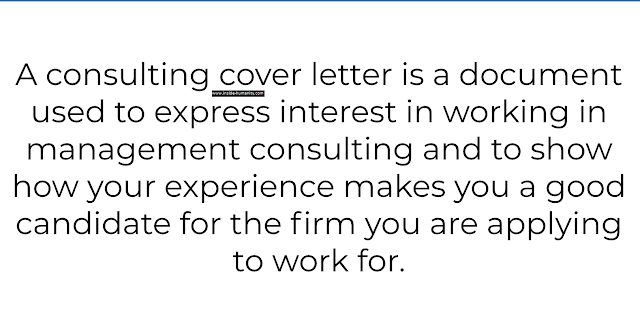
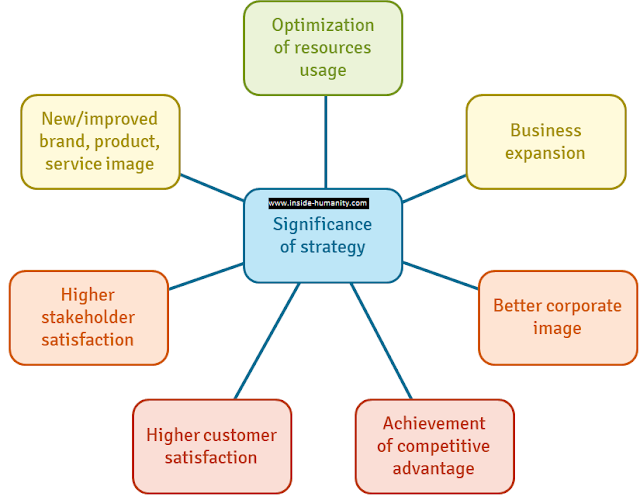
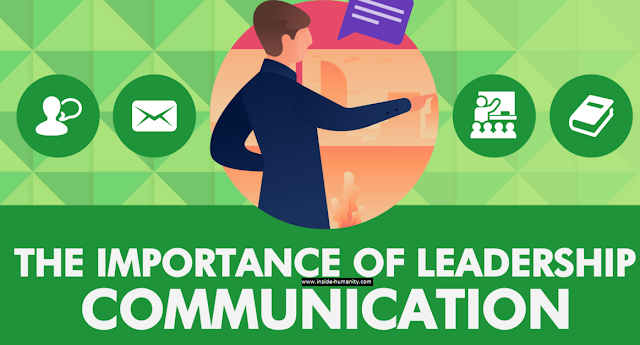
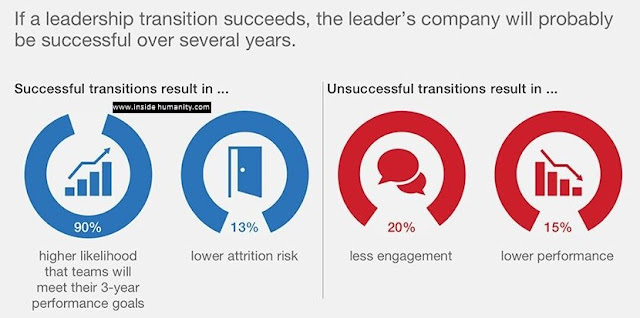


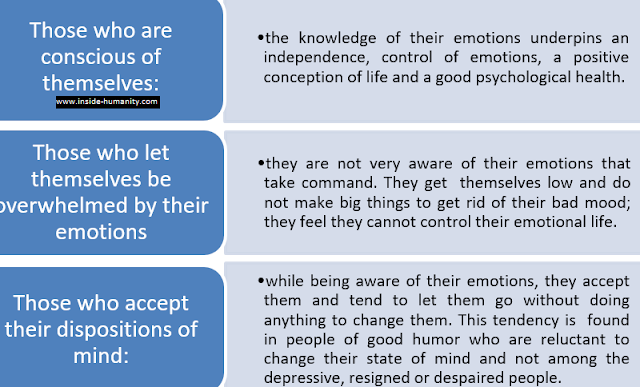
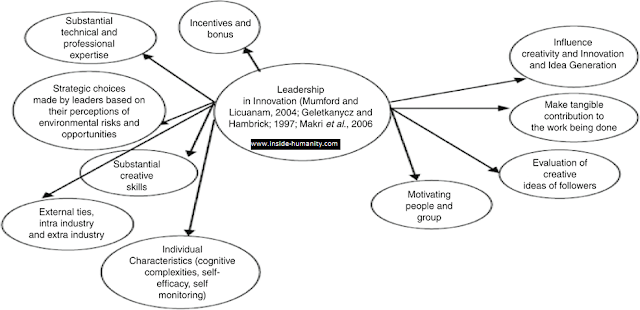
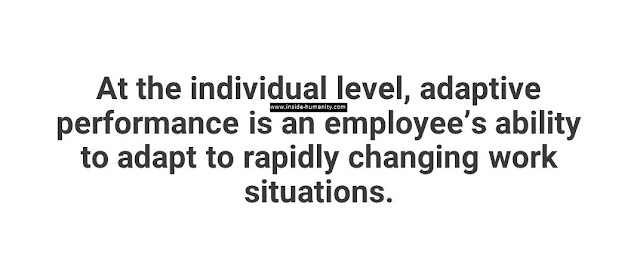
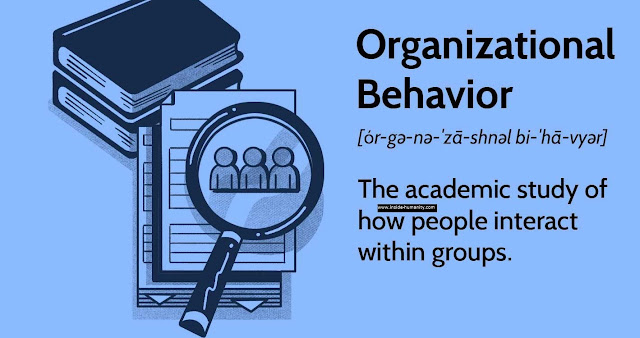






0 Comments
Thank you. We'll reply you shortly.